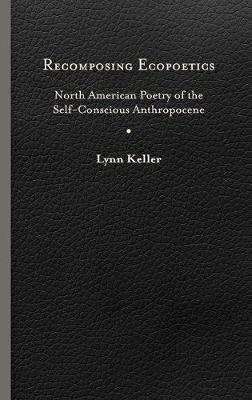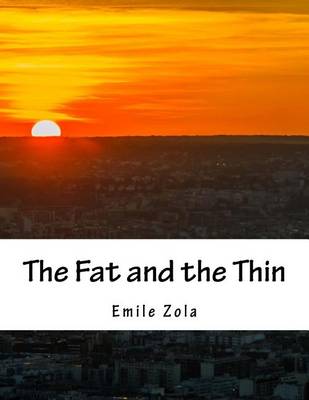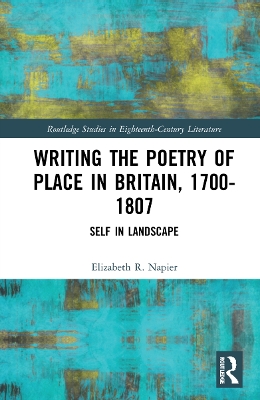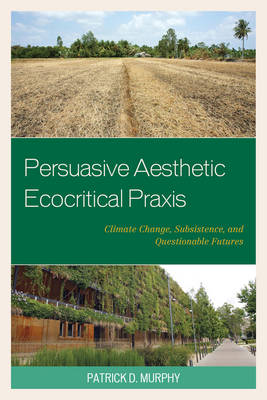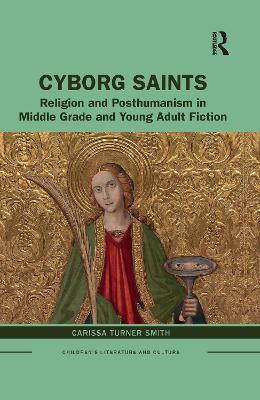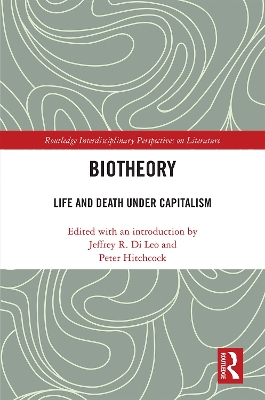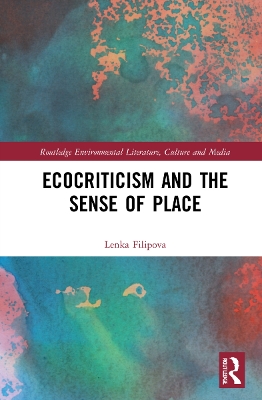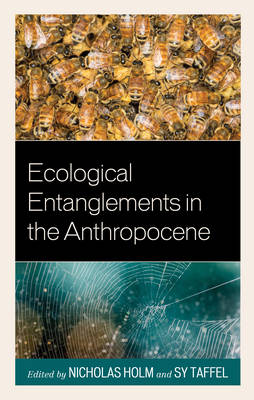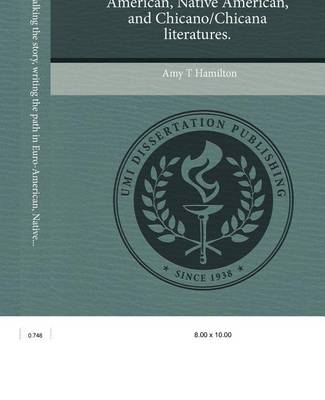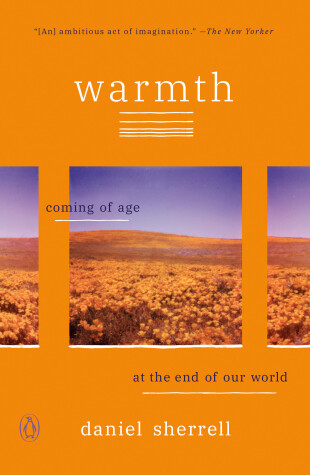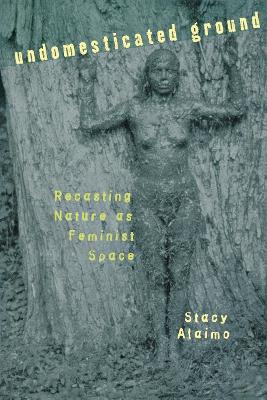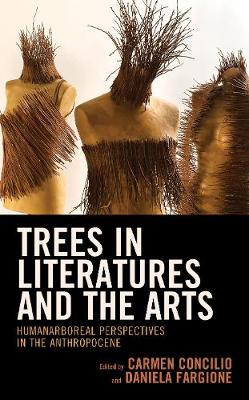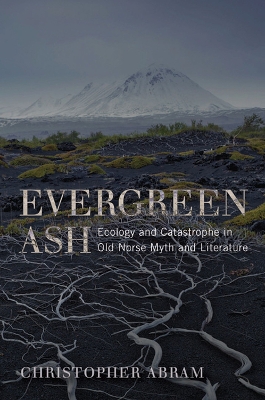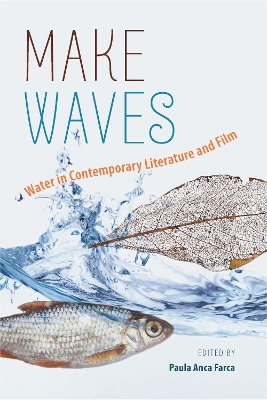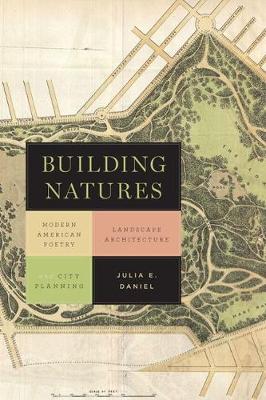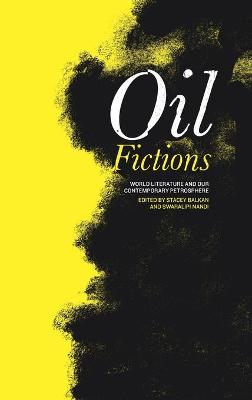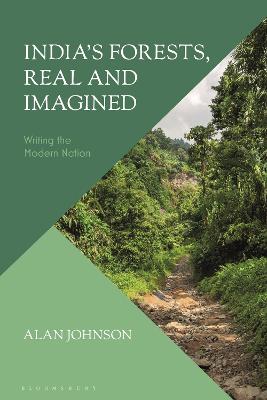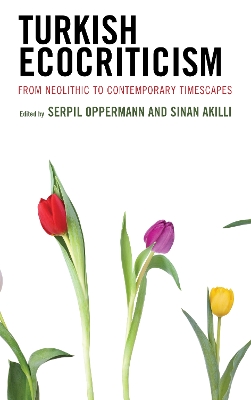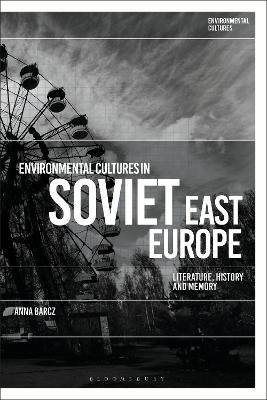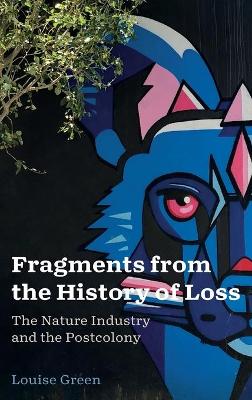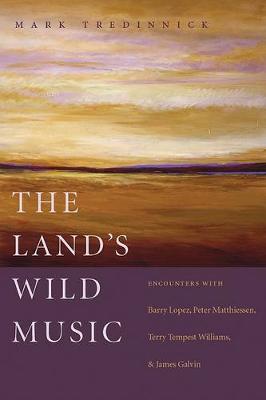In the first book devoted exclusively to the ecopoetics of the twenty-first century, Lynn Keller examines poetry of what she terms the ""self-conscious Anthropocene,"" a period in which there is widespread awareness of the scale and severity of human effects on the planet. Recomposing Ecopoetics analyzes work written since the year 2000 by thirteen North American poets-including Evelyn Reilly, Juliana Spahr, Ed Roberson, and Jena Osman-all of whom push the bounds of literary convention as they s...
The Fat and the Thin is a study of the teeming life which surrounds the great central markets of Paris. The heroine is Lisa Quenu, a daughter of Antoine Macquart. She has become prosperous, and with prosperity her selfishness has increased. Her brother-in-law Florent had escaped from penal servitude in Cayenne and lived for a short time in her house, but she became tired of his presence and ultimately denounced him to the police.
Writing the Poetry of Place in Britain, 1700–1807 (Routledge Studies in Eighteenth-Century Literature)
by Elizabeth R. Napier
This book discusses the intrusion, often inadvertent, of personal voice into the poetry of landscape in Britain, 1700-1807. It argues that strong conventions, such as those that inhere in topographical verse of the period, invite original poets to overstep those bounds while also shielding them from the repercussions of self-expression. Working under cover of convention in this manner and because for each of these poets place is tied in significant ways to personal history, poets of place may la...
Persuasive Aesthetic Ecocritical Praxis (Ecocritical Theory and Practice)
by Mr Patrick D Murphy
Cyborg Saints (Children's Literature and Culture)
by Carissa Turner Smith
Saints are currently undergoing a resurrection in middle grade and young adult fiction, as recent prominent novels by Socorro Acioli, Julie Berry, Adam Gidwitz, Rachel Hartman, Merrie Haskell, Gene Luen Yang, and others demonstrate. Cyborg Saints: Religion and Posthumanism in Middle Grade and Young Adult Fiction makes the radical claim that these holy medieval figures are actually the new cyborgs in that they dethrone the autonomous subject of humanist modernity. While young people navigate poli...
Biotheory (Routledge Interdisciplinary Perspectives on Literature)
Forged at the intersection of intense interest in the pertinence and uses of biopolitics and biopower, this volume analyzes theoretical and practical paradigms for understanding and challenging the socioeconomic determinations of life and death in contemporary capitalism. Its contributors offer a series of trenchant interdisciplinary critiques, each one taking on both the specific dimensions of biopolitics and the deeper genealogies of cultural logic and structure that crucially inform its impre...
Ecocriticism and the Sense of Place (Routledge Environmental Literature, Culture and Media)
by Lenka Filipova
The book is an investigation into the ways in which ideas of place are negotiated, contested and refigured in environmental writing at the turn of the twenty-first century. It focuses on the notion of place as a way of interrogating the socio-political and environmental pressures that have been seen as negatively affecting our environments since the advent of modernity, as well as the solutions that have been given as an antidote to those pressures. Examining a selection of literary representat...
Ecological Entanglements in the Anthropocene (Ecocritical Theory and Practice)
This edited collection explores the relationships between humans and nature at a time when the traditional sense of separation between human cultures and a natural wilderness is being eroded. The `Anthropocene,' whose literal translation is the `Age of Man,' is one way of marking these planetary changes to the Earth system. Global climate change and rising sea levels are two prominent examples of how nature can no longer be simply thought of as something outside and removed from humans (and vice...
Peregrinate: To travel or wander around from place to place. The land of the United States is defined by vast distances encouraging human movement and migration on a grand scale. Consequently, American stories are filled with descriptions of human bodies walking through the land. In Peregrinations, Amy T. Hamilton examines stories told by and about Indigenous American, Euroamerican, and Mexican walkers. Walking as a central experience that ties these texts together-never simply a metaphor or a...
NAMED A BEST BOOK OF 2021 BY THE NEW YORKER AND PUBLISHERS WEEKLY “[Warmth] is lyrical and erudite, engaging with science, activism, and philosophy . . . [Sherrell] captures the complicated correspondence between hope and doubt, faith and despair—the pendulum of emotional states that defines our attitude toward the future.” —The New Yorker “Beautifully rendered and bracingly honest.” —Jenny Odell, author of How to Do Nothing From a millennial climate activist, an exploration of how young peo...
From "Mother Earth" to "Mother Nature," women have for centuries been associated with nature. Feminists, troubled by the way in which such representations show women controlled by powerful natural forces and confined to domestic space, have sought to distance themselves from nature. In Undomesticated Ground, Stacy Alaimo issues a bold call to reclaim nature as feminist space. Her analysis of a remarkable range of feminist writings—as well as of popular journalism, visual arts, television, and fi...
Beyond Nature Writing (Under the Sign of Nature: Explorations in Ecocriticism)
Ecocriticism, a field of study that has expanded dramatically over the past decade, has nevertheless remained - until recently - closely focused on critical analyses of nature writing and literature of wilderness. Karla Armbruster and Kathleen R. Wallace push well beyond that established framework with this groundbreaking collection of essays by respected ecocritics and scholars from the literary and environmental arenas. Together, their work signals a new direction in the field and offers refre...
Norse mythology is obsessed with the idea of an onrushing and unstoppable apocalypse: Ragnarok, when the whole of creation will perish in fire, smoke, and darkness and the earth will nolonger support the life it once nurtured. Most of the Old Norse texts that preserve the myths of Ragnarok originated in Iceland, a nation whose volcanic activity places it perpetually on the brink of a world-changing environmental catastrophe. As the first full-length ecocritical study of Old Norse myth and litera...
From ancient Greek and Egyptian mythology to modern times, water has symbolized life, wisdom, fertility, purity, and death. Water also sustains and nourishes, irrigates our crops, keeps us clean and healthy, and contributes to our energy needs. Increased energy demands, coupled with the effects of climate change, have put a strain on our fresh water supply and water resources. Individuals and communities around the globe increasingly face droughts, floods, water pollution, water scarcity, and ev...
In Building Natures, Julia Daniel establishes the influence of landscape architecture, city planning, and parks management on American poetry to show how modernists engaged with the green worlds and social playgrounds created by these new professions in the early twentieth century. The modern poets who capture these parks in verse explore the aesthetic principles and often failed democratic ideals embedded in the designers' verdant architectures. The poetry of Carl Sandburg, Wallace Stevens, Wil...
Oil Fictions (AnthropoScene)
Oil, like other fossil fuels, permeates every aspect of human existence. Yet it has been largely ignored by cultural critics, especially in the context of the Global South. Seeking to make visible not only the pervasiveness of oil in society and culture but also its power, Oil Fictions stages a critical intervention that aligns with the broader goals of the energy humanities. Exploring literature and film about petroleum as a genre of world literature, Oil Fictions focuses on the ubiquity of oi...
As they seek to explore evolving and conflicting ideas of nationhood and modernity, India’s writers have often chosen forests as the dramatic setting for stories of national identity. India’s Forests, Real and Imagined explores how these settings have been integral to India sense of national consciousness. Alan Johnson demonstrates that modern writers have drawn on older Indian literary traditions of the forest as a place of exile, trial and danger to shape new ideas of India as a modern nation....
Turkish Ecocriticism (Ecocritical Theory and Practice)
Turkish Ecocriticism: From Neolithic to Contemporary Timescapes explores the values, perceptions, and transformations of the environment, ecology, and nature in Turkish culture, literature, and the arts. Through these themes, it examines historical and contemporary environmentally engaged literary and cultural traditions in Turkey. The volume re-imagines Turkey in its geo-social and ecocultural narratives of multiple connections and complexities, in its multi-faceted webs of histories, and in it...
Environmental Cultures in Soviet East Europe (Environmental Cultures)
by Dr Anna Barcz
For more than 40 years Eastern European culture came under the sway of Soviet rule. What is the legacy of this period for cultural attitudes to the environment and the contemporary battle to confront climate change? This is the first in-depth study of the legacy of the Soviet era on attitudes to the environment in countries such as Poland, Hungary and Ukraine. Exploring responses in literature, culture and film to political projects such as the collectivisation of agricultural land, the expansi...
The Anthropocene's urgent message about imminent disaster invites us to forget about history and to focus on the present as it careens into an unthinkable future. To counter this, Louise Green engages with the theoretical framing of nature in concepts such as the "Anthropocene," "the great acceleration," and "rewilding" in order to explore what the philosophy of nature in the era of climate change might look like from postcolonial Africa. Utilizing a practice of reading developed in the Frankfu...
At the heart of The Land's Wild Music is an examination of the relationship between writers and their. Interviewing four great American writers of place -- Barry Lopez, Peter Matthiessen, Terry Tempest Williams, and James Galvin -- author Mark Tredinnick considers how writers transmute the power of nature into words. Each author is profiled in a separate chapter written in rich, engaging prose that reads like the best journalism, and Tredinnick concludes with his own thoughts on what it takes to...
